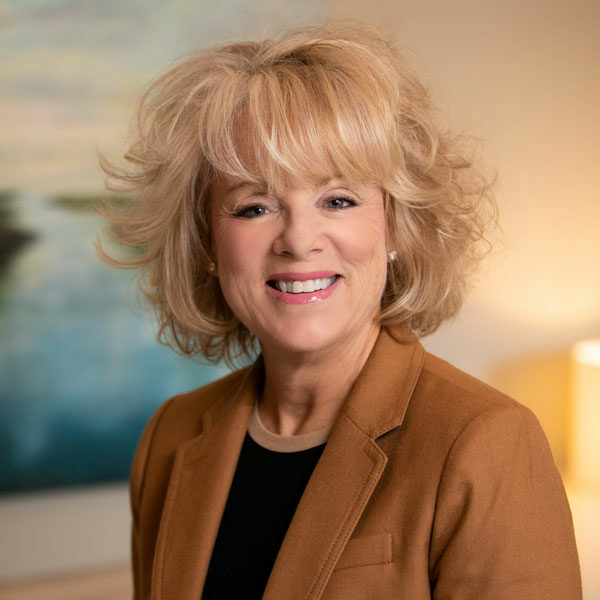Mediation and Arbitration
Mediation
Mediation is a method of alternative dispute resolution in which involved parties hire a trained mediator to assist them in voluntarily resolving their dispute. Mediation can be used instead of or prior to going to trial and, in many cases, may alleviate the need for a lawsuit to be filed.
Every attorney at the firm of at Parker Bryan Family Law is a proponent of the mediation process and has participated in mediations to resolve client cases. Within the firm, Kimberly Bryan and Amy Britt serve as mediators. Kimberly trained at the Duke University Private Adjudication Center. Both Amy and Kimberly attended the Harvard Negotiation Seminar offered by the American Academy of Matrimonial Lawyers. The mediators at Parker Bryan Family Law frequently conduct family financial settlement conferences and mediations involving divorce and separation. Both Amy and Kimberly are certified by the North Carolina Dispute Resolution Commission to conduct family financial mediated settlement conferences. Kimberly is also certified to conduct Superior Court mediated settlement conferences.
How does mediation work?
The mediation process is facilitated by a mediator, who serves as a neutral third-party and directs the settlement process. Involved parties are typically placed in separate rooms and accompanied by their attorneys, who can provide advice and guidance through the process. The mediator, who is not permitted to provide legal advice to the participants, usually travels between the two rooms to convey relevant information and help craft options for settlement. If a resolution is reached at mediation, a written agreement memorializing the terms of the agreement is signed by both parties.
What types of disputes are candidates for mediation?
Any disputed issue can be submitted to mediation.
How long does mediation take?
The length of the mediation process may vary based on the dispute itself and the willingness of the participants to come to a mutually agreeable solution. A typical mediation session may last from four to eight hours or longer, and multiple sessions may be required before an agreement is reached.
When is mediation required?
In Raleigh, North Carolina, the mediation process is mandatory in cases involving child custody and equitable distribution, or claims filed in Superior Court arising out of contracts between the parties.
What are the benefits of mediation?
In mediation, participants control the outcome of the process rather than relying on a judge or jury to make a decision. This often results in quicker time to resolution and lower costs to the involved parties, as well as reducing the stress associated with litigation. Additionally, unlike public court proceedings, the mediation process is held in private and is not recorded.
What happens if our dispute cannot be resolved through mediation?
If your dispute is not resolved through mediation, you have various options. You may continue with settlement negotiations with the other party. You may seek court intervention to resolve your dispute. You may agree with the other party to submit the dispute to binding arbitration.
Can I hire you just for the mediation?
YES. You can hire us for a limited scope. That means, we can represent you just for the mediation. We will meet with you to prepare and we will be with you throughout the mediation. Afterwards, you can decide what our role will be if there is any more work to be done.
Resources
- Rule 12 of the Wake County Rules for Domestic Court
- The North Carolina Court System Family Financial Settlement Program
- The North Carolina Court System Mediated Settlement Conference Program
- North Carolina General Statute 7A-38.4A: Settlement Procedures in District Court Actions
- North Carolina General Statute 7A-38.1: Mediated Settlement Conferences in Superior Court Civil Actions
Arbitration
Arbitration is an method of resolving a dispute where parties hire a trained arbitrator to act as a judge to make binding decisions about issues in their case. The arbitration process is an effective way to resolve a dispute as it grants the parties flexibility in scheduling hearings and can be more economical than going through a public trial.
All members of our family law practice participate in the arbitration process. Kimberly Bryan and John Parker are certified by the American Academy of Matrimonial Lawyers as arbitrators. The AAML is the only organization in the country that trains family lawyers to arbitrate the unique issues that arise in family law.
How does arbitration work?
During arbitration, an arbitrator oversees a hearing between the involved parties. During this hearing, each side has the opportunity to present his/her case and may provide witnesses and documentary evidence. After the hearing, the arbitrator will make a decision in the case and render an award. The North Carolina Family Law Arbitration Act governs the arbitration process in all issues related to marital separation or divorce.
Do I need an attorney for arbitration?
You are not required to have an attorney during arbitration. However, if desired, you may be represented by counsel.
How long does arbitration take?
You may stipulate in your arbitration agreement that a decision must be made within a specified period of time, such as 90 days. North Carolina General Statute 50-51 states an award must be made within the time set in the arbitration agreement; if no timeframe was set in the agreement, the court will order an award time when the arbitration application is filed. Typically, the arbitration process takes less time than a trial in front of a judge and can be less formal. In arbitration, several matters can be heard at one time rather than the traditional court method of hearing many issues in the case at separate trials and/or hearings.
How much does arbitration cost?
One of the many benefits of arbitration is that you can have more control over the budget. You can arbitrate limited or specific issues. You can agree that the arbitration will be limited to a certain amount of time which limits attorney fees and arbitrator fees. Usually, the parties share in the cost of the arbitrator. The arbitrator writes the decision (known as an Award) and does so usually within 30 days of the conclusion of the arbitrator hearing. This eliminates the squabbles between lawyers over the language and terms of an Order thus reducing your attorneys fees. The requirement that the arbitrator issue a swift written decision reduces the delay between the end of your court hearing, the rendering of the court’s decision, the drafting of the Order, and the entry of the Order – these steps add costs to litigation which are reduced or eliminated in the arbitration process.
Can the decision made by an arbitrator be disputed or overruled?
The arbitrator’s decision is legally binding and can only be challenged under limited circumstances. In order to do so, a motion to vacate must be made within 90 days after delivery of the decision. Additionally, motions to modify or correct an award can be filed before the expiration of 90 days after delivery of a copy of the award. Appeals may be made based on failure to comply with the process as set forth in the North Carolina Family Law Arbitration Act. If you specifically contract for the right to appeal errors of law, then you may challenge the arbitration award on those grounds as well.









